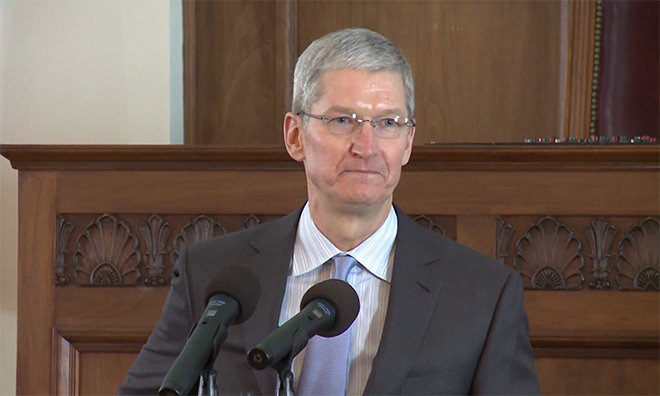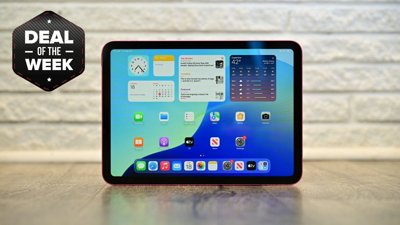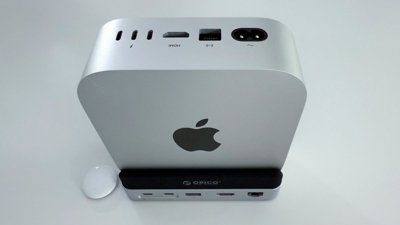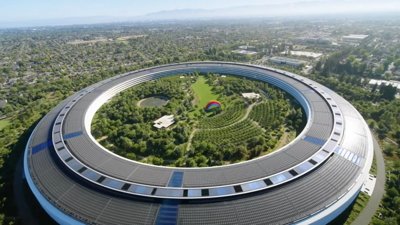Amid a firestorm of debate sparked by Apple's decision to fight an FBI data request, the U.S. House Committee on Energy and Commerce on Friday invited Apple CEO Tim Cook and FBI Director James Comey to offer testimony on the nuanced issues surrounding encryption.
In inviting Cook and Comey to testify, the committee's Subcommittee on Oversight and Investigations wants to hear both sides of the "ongoing debate related to encryption technologies." Cook has fiercely defended consumers' rights to data privacy, while Comey has for years fought for priority backdoors, saying encryption hinders law enforcement operations.
The invitation points to rapidly evolving security technologies both created and adopted by commercial tech firms. Due to its market position and work on advanced, easy-to-use encryption, Apple and its iOS devices are well known for providing high levels of consumer protection. This also puts the company in the crosshairs of law enforcement agencies whose criminal investigations are sometimes stymied by digital security systems.
"This debate has now come to a critical juncture with the recent order by a federal magistrate to your company to assist the FBI in 'unlocking' a security feature of a phone allegedly used by one of the perpetrators of terrorist acts in San Bernardino, California in December 2015," the letter reads. "According to news reports, there are a number of other law enforcement officials around the country considering use of authorities to compel similar assistance by technology manufacturers."
Apple was ordered by a federal judge to comply with FBI requests to assist in bypassing the passcode lock on an iPhone 5c used by San Bernardino terrorist Syed Rizwan Farook. To aid in the operation Apple is asked to provide a software tool capable of disabling iOS 9's passcode attempt counter, thereby allowing the FBI to facilitate a brute force attack on the locked phone.
Following this week's court order, Cook penned a strongly worded letter opposing the creation of software designed to weaken existing encryption technologies. Not only does the FBI's motion to compel — the DOJ filed a similar follow-up motion on Friday — set a dangerous precedent, but it undermines iOS by providing a proof of concept workaround, Cook said.
The FBI, DOJ, White House and other government agencies contend the bypass method will only be used in this specific case, arguing that the creation of a backdoor does not implicate other iPhones beyond Farook's. These claims are vehemently disputed by cryptologists, privacy advocates and Apple itself.
A date has not been set, nor has Cook or Comey responded, but the committee anticipates a hearing at its earliest opportunity.
 Mikey Campbell
Mikey Campbell







-m.jpg)






 Malcolm Owen
Malcolm Owen
 William Gallagher
William Gallagher
 Christine McKee
Christine McKee

 Mike Wuerthele
Mike Wuerthele
 Andrew Orr
Andrew Orr
 Andrew O'Hara
Andrew O'Hara





-m.jpg)



100 Comments
Sure, govt, one specific case. I fully believe you. It all starts with one item. A snowflake is harmless until it causes an avalanche.
Laws change, our rights don't.
I would politely decline if I were Cook.
I'd love to see someone hack Comey's phone. Maybe he'd think twice about back doors.
Politicians are increasingly at odd with the people.